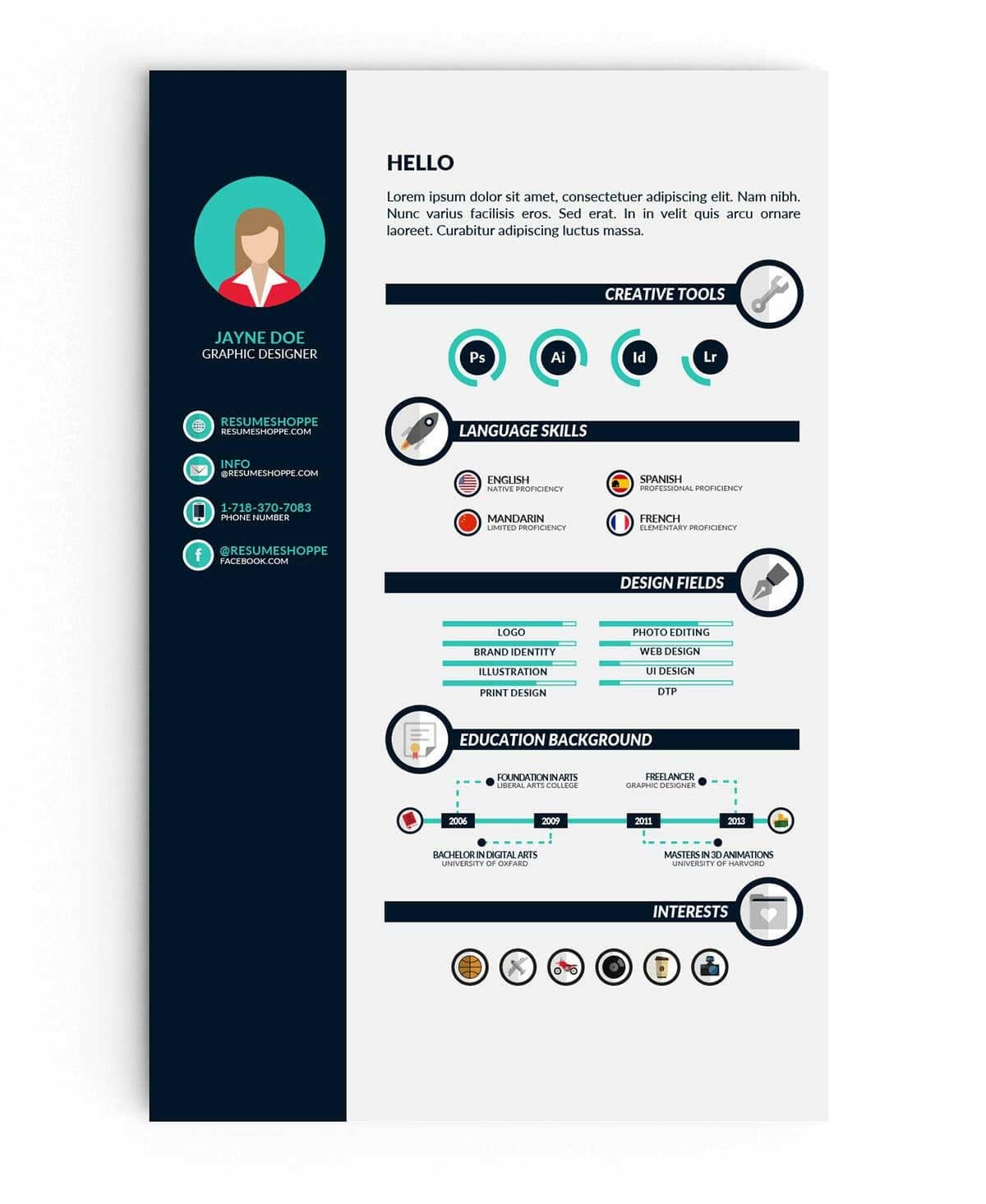How to quantify your resume accomplishments
Even with automated tracking systems (ATS), recruiters are still tasked with looking through dozens, if not hundreds, of resumes. Whether the hiring manager is doing a thorough read or a quick skim, you want to catch their attention in those first few seconds. One way you can do this is by quantifying your resume.
What does quantifying a resume mean?
When writing a resume, you want to focus on what you achieved while at the company. Quantifying your resume involves adding precise figures or numbers to these achievements. Adding numbers to your resume creates a more specific resume that’s eye-catching to hiring managers.
Benefits of quantifying your resume
Given the short time, you have to grab a hiring manager’s attention, having a quantified resume with a killer cover letter will be sure to do so. Many jobs like software developer or IT project manager contain virtually the same responsibilities across companies. Focusing on quantified accomplishments will demonstrate the value you provide.
Adding numbers to your resume also strengthens your credibility. Anyone can write vague statements but using precise quantities shows you have the data and evidence to support these claims.
How to quantify your resume
Record your work
During each role you work in, you want to collect as much data on your performance as possible. The more data, the better. It is possible to gather your data after you leave a job; however, you might not have some of the exact figures leaving gaps in your data. You can avoid this issue by making a point to record your performance and projects. When it comes time to customize your resume, you will be left with more data than you need.
Additionally, recording your progress and accomplishments will help you visualize your performance. You’ll be able to see areas that need strengthening and where you excel.
Collect the data
You always want to put the best of the best on your resume. If you’ve been documenting your performance as you go, including the accomplishments that best align with the new job description.
If you’re starting from scratch, don’t fear. While it may be more time-consuming, it’s still possible for you to gather performance data from past jobs. Review the posting you’re applying for and choose which areas of past employment to focus on. Next, you want to pick the metrics that you excelled most in. If you worked well with money, focus on how you better-re-allocated funds in a budget or how
Focus on Key performance metrics (KPI)
Time – Experience, especially when you have a lot of it, is likely to stand out to hiring managers. In your professional summary, you can highlight your years of experience within the industry or field. When referencing a particular project, you can reference the time spent on it.
Money- Profits, revenue, budgets. f you can prove your ability to save or make a company money, you’re golden. When communicating an accomplishment, reference your impact on the company’s bottom line.
People- Another KPI to highlight is people. Refer to how many clients you have worked with or how many people worked under you.
Rely on ranges
Though specificity is highly appreciated, you won’t always have the exact numbers. If this happens, resort to ranges. Utilizing ranges, you can communicate your accomplishments without being overly specific but without being entirely vague.
IT Recruitment Agency in Toronto | About Live Assets | IT Staffing Solutions
Live Assets is a boutique IT Staffing/Recruiting firm specializing exclusively in building IT teams of excellence for the Information Technology sector.
We are a small, but productive team that works closely together and has had a 96% success rate for the past number of years!
We have a diverse number of clients and industries and focus on both full-time and contract I.T. opportunities.
You can find out more about our company on LinkedIn – Twitter – Facebook –Youtube – Glassdooor
